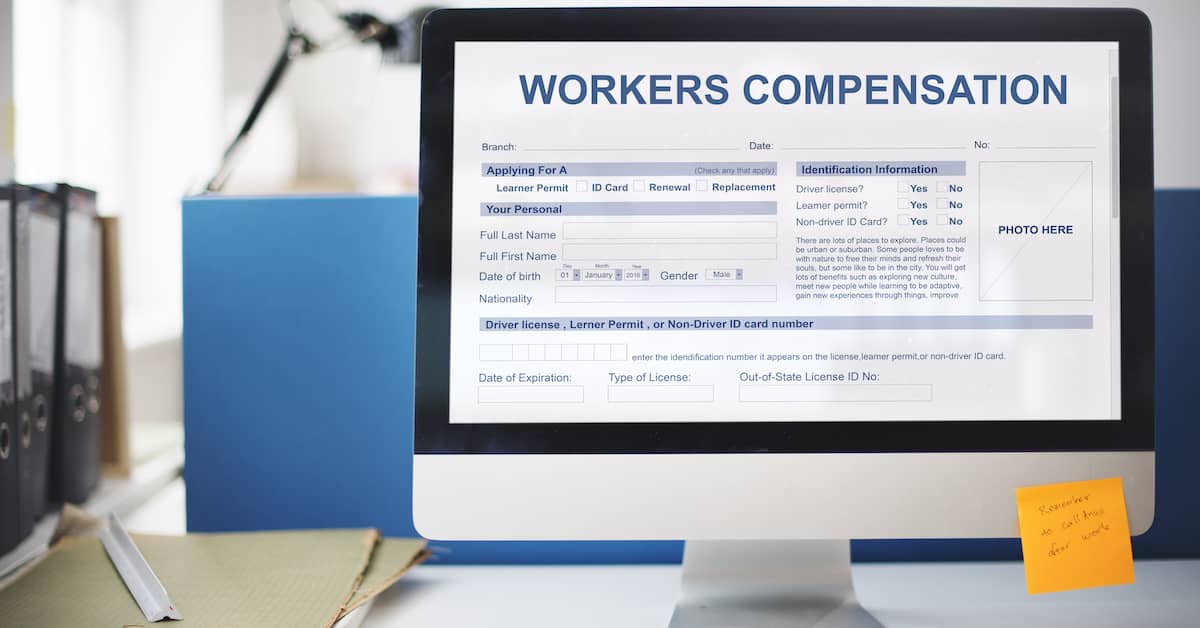
What Is a Workers’ Compensation Lien?
A workers’ compensation lien is a claim by a workers’ compensation provider on the proceeds of a personal injury claim. Liens enable insurers to recoup the costs they have incurred in paying an employee’s workers’ comp benefits.
Not all work injury claims will also give rise to a personal injury lawsuit. It is crucial to understand your rights under workers’ compensation and whether you also have a claim against a negligent third party.
Maggiano, DiGirolamo & Lizzi is committed to maximizing benefits and compensation for workers who have been injured on the job. Call (201) 585-9111 today for a FREE case review. We can help with a workers’ compensation lien and other issues that may arise in your case.
Understanding Workers’ Compensation Liens in Work Injury Cases
Most employees who get injured on the job are entitled to workers’ compensation benefits. These benefits are paid by the employer’s workers’ comp insurer (or by employers themselves in some instances). In exchange for providing access to these benefits, employers are “immune” from employees’ personal injury lawsuits in most cases.
While employers may be immune from personal injury lawsuits in the event of a workplace injury, third parties (including individuals, companies, etc.) are not. As a result, in addition to having a workers’ compensation claim, injured employees may also have a third-party work injury claim. This is where a workers’ compensation lien may come into play.
To understand workers’ compensation liens, it is first necessary to understand the timing of workers’ compensation and personal injury claims:
1. Timing of Workers’ Compensation Claims
When an eligible employee gets injured on the job, he or she is entitled to begin receiving workers’ compensation benefits immediately. This applies specifically to medical benefits, or the benefits that cover the cost of treating the employee’s on-the-job injury.
If an injured employee misses work for a minimum number of days (7 days in New Jersey, for example), the worker becomes eligible for wage replacement benefits. Workers’ comp payments for lost wages are also known as disability benefits.
2. Timing of Personal Injury Claims for On-the-Job Injuries
Personal injury claims, in contrast, typically take much longer to resolve. If a personal injury case moves quickly and the at-fault party or parties are willing to negotiate a reasonable settlement in good faith, it could still be several months until the case is over. If a personal injury case goes to trial, it could easily be more than a year before the injured worker receives the financial compensation he or she deserves.
It is this difference in timing that can give rise to a workers’ compensation lien.
Employers and workers’ comp insurance companies are generally entitled to reimbursement when third parties are held liable for an employee’s injuries. New Jersey law prevents injured employees from “doubling up” by collecting overlapping workers’ compensation benefits and personal injury damages (see New Jersey Statutes § 34:15-40).
When an injured employee recovers personal injury damages for his or her medical expenses and lost wages, the employee is generally required to pay back any workers’ compensation benefits he or she previously received for these losses. To ensure repayment, the workers’ comp insurer may place a lien on the personal injury settlement or trial award.
How Workers’ Compensation Liens Work: An Example
Let’s look at an example: A construction worker gets injured on a commercial project. Like many construction accidents, the accident resulted from a hazardous condition on the property. Since the construction worker is an employee, he or she is entitled to workers’ compensation benefits from his or her employer. But, since the property is owned by a different company, the construction worker can also sue this company for personal injury damages.
The employer’s workers’ comp insurance carrier starts paying benefits (as required) while the construction worker’s personal injury claim is pending. In this scenario, the insurance company may seek to impose a workers’ compensation lien. If the construction worker’s personal injury claim is successful, the insurance company will be entitled to reimbursement of the costs it has already paid. The lien allows the workers’ comp insurer to enforce reimbursement of these costs.
Dealing With a Workers’ Compensation Lien as an Injured Employee
This is a very simple explanation of how workers’ compensation liens work in most cases. In practice, dealing with a workers’ compensation lien involves numerous complexities. If you have been injured at work and you are entitled to both workers’ comp and personal injury compensation through a third-party claim, it is crucial to speak to a knowledgeable attorney.
The right to a workers’ compensation lien does not apply in all scenarios. Carriers must establish their liens appropriately in order to secure the right to reimbursement. An experienced workers’ compensation lawyer can help you understand the impact of a lien on your recovery and work on your behalf to ensure that you get to keep as much of the compensation in your case as possible.
Contact a Workers’ Compensation Lawyer Today
You have rights if you have been injured on the job. In addition to workers’ comp benefits, you might be able to recover compensation via a personal injury claim against a party or parties whose negligence caused the workplace accident.
Unfortunately, a workers’ compensation lien placed by an employer or its insurer can limit the money you are able to take home from a successful personal injury case. Maggiano, DiGirolamo & Lizzi can help you understand your rights after a work-related injury in New Jersey.

















